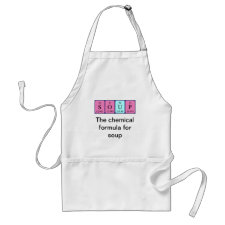
Authors: Tan J, Li M, Li R, Jiang ZT
Article Title: Functional monomer free synthesis of molecularly imprinted titania for solid-phase extraction of nicotinic acid.
Publication date: 2013
Journal: Analytical Methods
Volume: 5
Issue: (5)
Page numbers: 1245-1252.
DOI: 10.1039/C2AY26414E
Abstract: A simple method for preparation of molecularly imprinted materials (MIMs) without the use of traditional functional monomers based on titania is presented. Combining the unique affinity of titania to electron-negative compounds and the high selectivity of MIMs to templates, molecularly imprinted titania can be easily prepared via a sol-gel method and applied to off-line solid-phase extraction (SPE). Nicotinic acid (NA) was added in the synthesis of amorphous titania as the template. The recognition mechanism of the obtained NA imprinted material (NAIM) to the template was investigated by static adsorption. The NAIM showed higher adsorption capacity, faster adsorption kinetics and better selectivity compared to the non-imprinted material. The imprinted material was finally applied to SPE of free NA in dried yeast. The molecularly imprinted SPE-HPLC method presented good linearity (R2 = 0.9972) to NA in the range of 2-100 μmol L-1. The limit of detection (3σ) and limit of quantification (10σ) were 0.5 and 2.0 μmol L-1, respectively, which were equivalent to 24.6 and 98.5 μg g-1 NA in dried yeast. The better clean-up ability of the NAIM demonstrated the capability of molecularly imprinted titania for the isolation of carboxylic compounds in complicated samples. This work not only provides a new strategy for molecular imprinting but also extends the application of titania
Template and target information: nicotinic acid, NA, niacin, vitamin B3



Join the Society for Molecular Imprinting

New items RSS feed
Sign-up for e-mail updates:
Choose between receiving an occasional newsletter or more frequent e-mail alerts.
Click here to go to the sign-up page.
Is your name elemental or peptidic? Enter your name and find out by clicking either of the buttons below!
Other products you may like:
 MIPdatabase
MIPdatabase









